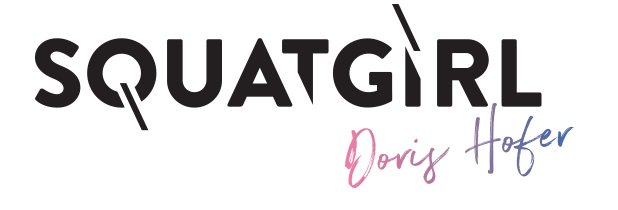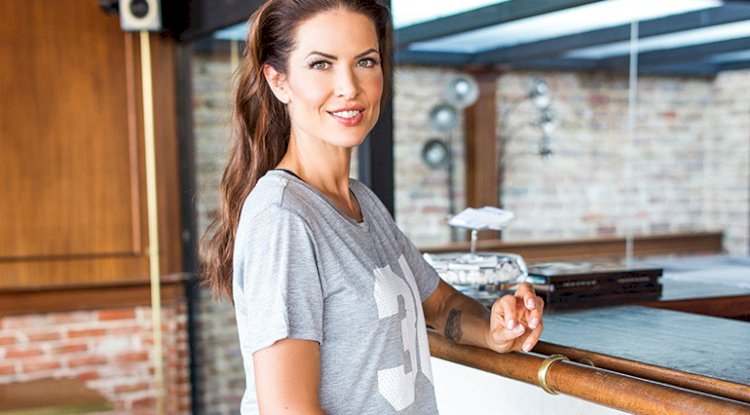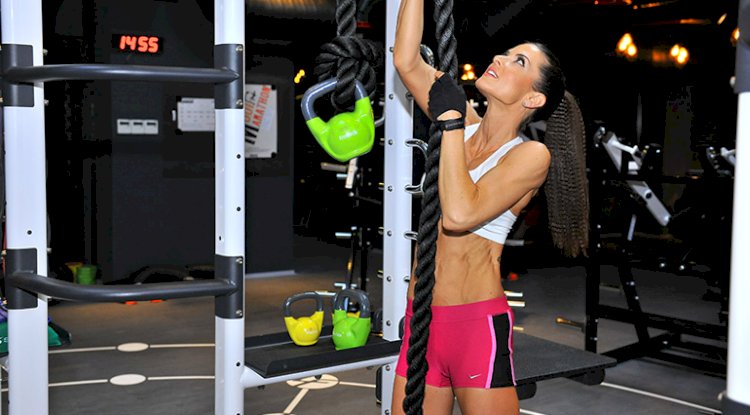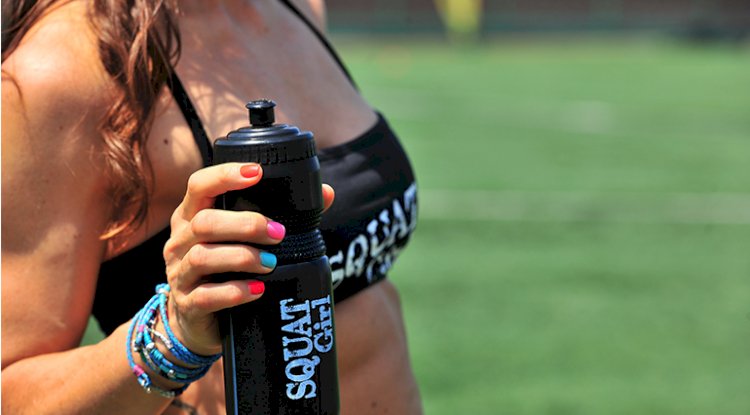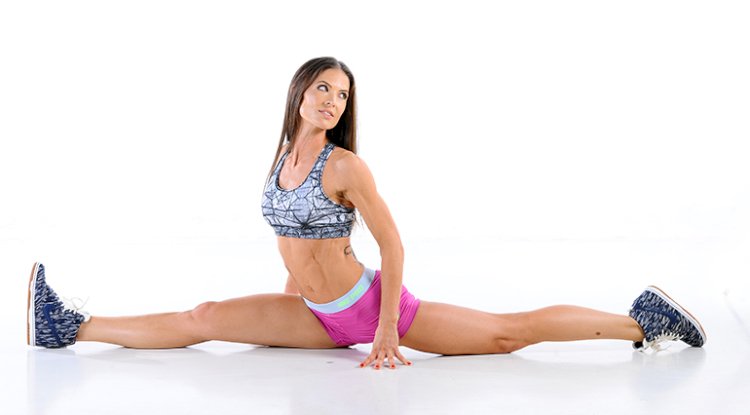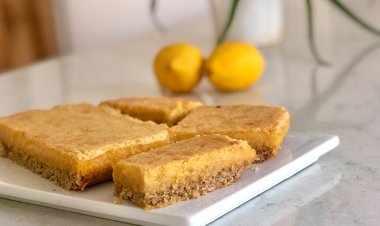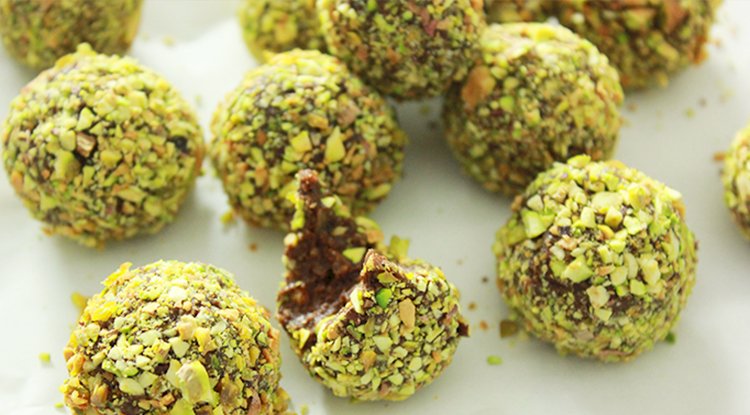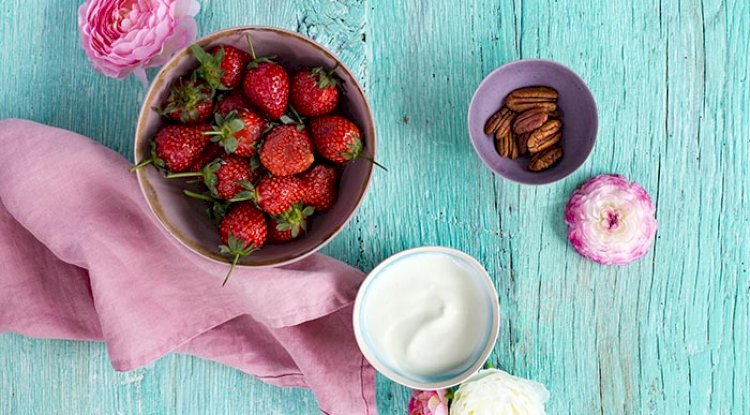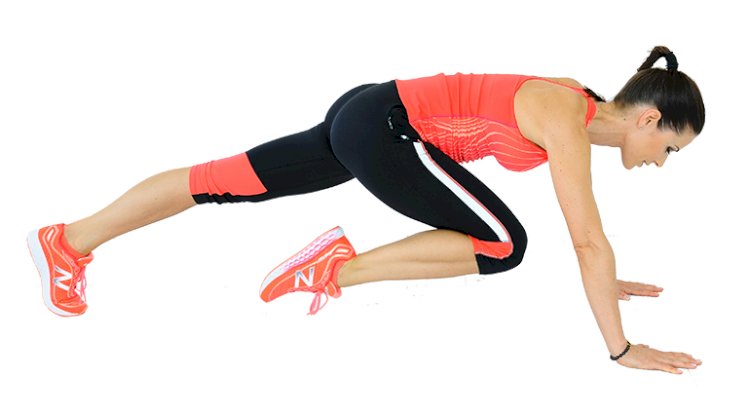Which supplements should you use?
I am always surprised how open people are to use supplements. Why would you use anything like this as long as you are not an athlete? Here are my personal recommendations and experiences.

Here is what I go for: caffeine and occasionaly whey protein. Coffee has kind of a bad reputation but if you don’t abuse it, it’s the best pre-workout supplement: Caffeine leads to an increased performance and good feelings of energy as well as increased focus and alertness in quickness and reaction. In other words, drinking COFFEE increases short time/rapid exercise performances like short full-speed sprints and heavy power weight lifting.
Considering my bodyweight of 56 kg, I would need to eat 24 egg whites a day in order to build up muscle tissue. But there is a delicious alternative called protein shake. I used to think that they only taste good with skimmed milk, but they are delicious with water too. Just add lots of ice and some fresh fruit and spices like for example cinnamon for a perfect smoothie. Most protein powders contain 26-30 g of protein per scoop. Milk derived quality protein has the unique ability to release amino acids in your bloodstream for 8 hours after taking it. I used to add GLUTAMINE to my shake for a while. It is a popular nonessential amino-acid which increases strength, speeds recovery and prevents overtraining but honestly, I didn't observe any difference and dropped it soon again.
Amino acids are the building blocks of the body that make up proteins. Protein substances make up the growth, repair and maintenance of muscle cells. The amino acids that the human body can manufacture itself are called nonessential amino acids, the ones that must be obtained from the diet are called essential amino acids. They are typically found in meat and dairy products, wheat, corn, rice, beans and peanuts. You can take tablets instead of protein powder, the effect is exactly the same. If you read the instructions, they want you to have 3 tablets 3 times a day and several brands also want you to drink more than one shake a day. But they just want to push their sales. Keep in mind that you should have a balanced diet and take your proteins from different sources. Too many protein shakes will also mean too many calories!
Other than that, you don’t need anything. I have tried NO EXPLODE (NOX) which is used before the workout in order to widen the veins and arteries, allowing for more blood flow. The way this works in bodybuilding is that whenever a person works out a muscle group, blood flows heavily to the area, bringing fresh oxygen and nutrients to help muscles work and repair. So it stands to reason that the more plentiful supply of blood to the muscles, the longer they’ll be able to work, and the quicker they’ll repair. That’s essentially how nitric oxide works for bodybuilders. But because nitric oxide effects the vascular system, it can have some serious side effects including irregular heart beat, low blood pressure, nausea and headaches. NOX can also cause kidney damage, muscle cramping and bloating.
For all these reasons I don’t recommend NOX. Drinking coffee tastes better and has the same effect on me. I have friends who suffered from the side effects mentioned above, but I also have lots of friends who are very happy with NOX because they work out longer and harder. If you are going to use NO Xplode, the best advice would be to use it for a short period of time and drink lots of extra water to limit the strain on the kidneys.
Even pharmacies started selling L-CARNITINE products, promoting it as a fat burner. As a matter of fact, our body is producing L-Carnitine which transports free fatty acids into the muscle cell’s Mitochondria, better known as the cell’s power supply. But can L-Carnitine supplements burn away your bulge? Research shows that an athlete who eats meat sufficiently and pursues a healthy diet, won’t burn more fat when using L-Carnitine because his body is supplied with enough L-Carnitine already. The best natural source of L-Carnitine is beef steak with 95 mg/100 g. Pork contains 27,7 mg/100 g and chicken breast 3,9 mg/100 g. Cheese has got 3,7 mg/100 g and whole milk 3,3 mg/100 g.
On the other hand, if someone doesn’t get enough L-Carnitine through his diet which may be the case for vegetarians, he may observe positive effects. But mostly vegetarians are quiet health conscious and wouldn’t need to burn extra fat anyways. To make it short: So far, research has disproven all the hype about L-Carnitine, so just save your money and pump iron.
